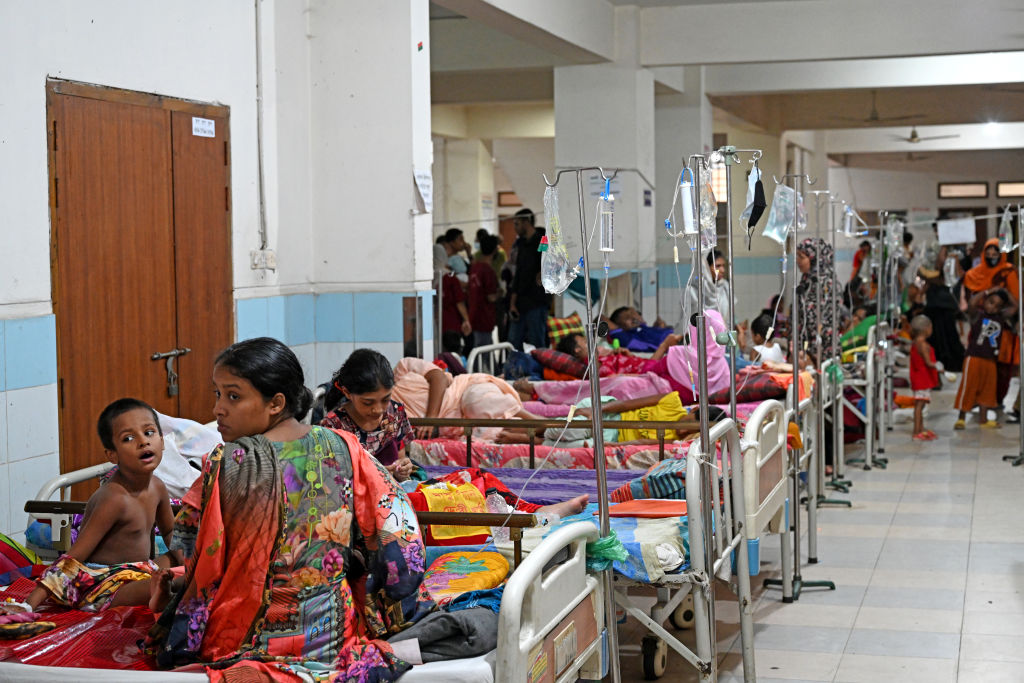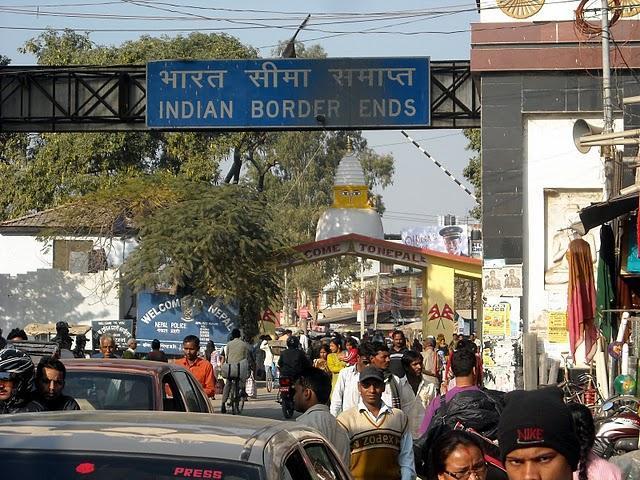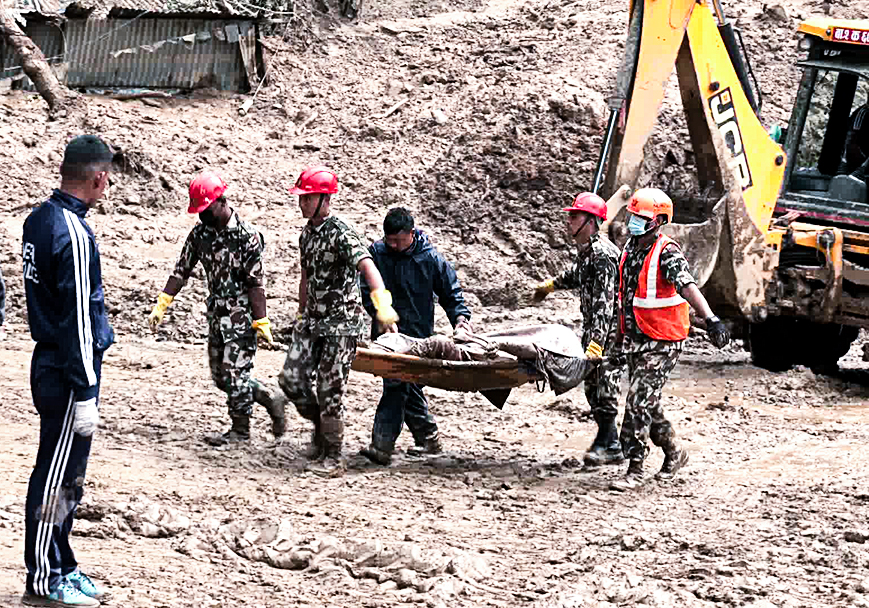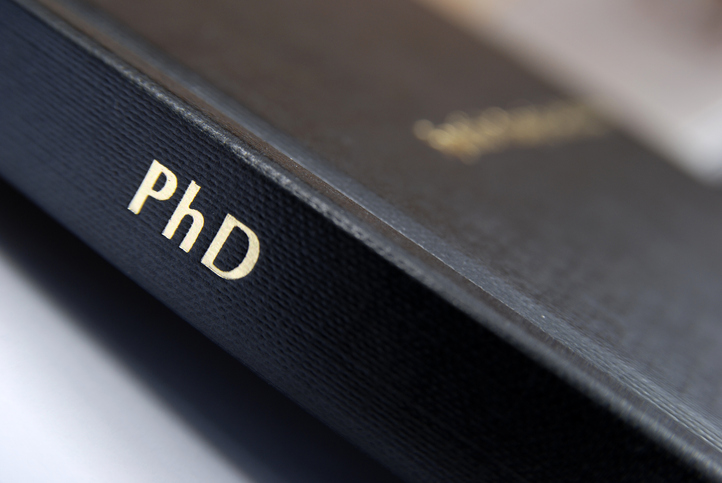Bangladesh is witnessing a sharp rise in dengue cases, with the situation becoming increasingly alarming. The Directorate General of Health Services (DGHS) reported that at least nine people have died, and 1,963 have been hospitalised due to dengue in the first six days of September.
This year, the number of cases has surpassed 15,000, with the death toll reaching 93, reflecting a growing crisis amid civic inaction.
The outbreak comes in the wake of administrative disruptions following the fall of the Awami League regime, which has led to disarray in city management.
Anti-mosquito drives in major cities, including Dhaka, Chittagong, and Barisal, have been discontinued over the past few weeks, worsening the situation.
As per DGHS data, around 2,000 patients are currently receiving treatment at hospitals across the country, with the highest number of cases concentrated in the Dhaka, Chittagong, and Barisal divisions.
Entomologists have raised concerns over the recent neglect of mosquito control measures, warning that the unchecked breeding of mosquitoes could lead to a further spike in hospitalisations and fatalities.
Questions have also been raised about the effectiveness of the insecticides and outdated spray methods employed for years.
Last year, Bangladesh recorded 1,705 dengue-related deaths, marking the deadliest year in the country’s history for the mosquito-borne disease. Experts fear that without immediate action, this year could follow a similar trajectory.
-Navalsang Parmar (Dhaka)



















